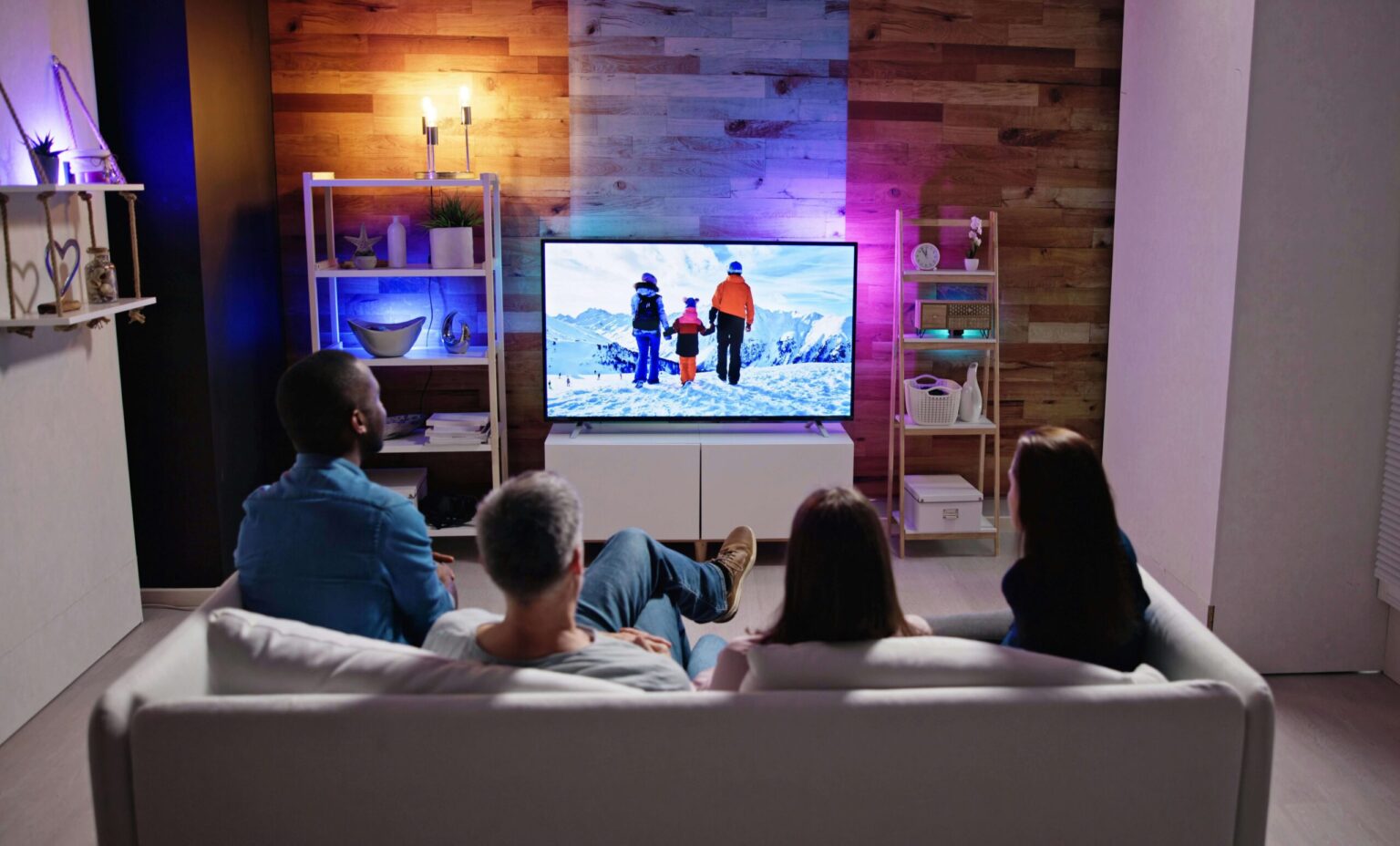Imagine streaming your favourite show, only to get a message saying, “VPN or proxy detected.” Streaming services like Netflix, Hulu, and Disney+ are getting better at spotting and blocking VPNs. Whether you’re travelling, living in a country with limited access, or just want to unlock more content, VPN bans can really get in the way. The good news is, there are simple and effective ways to get around these blocks and keep watching what you love.
Why Streaming Services Block VPNs in the First Place
Before diving into the solutions, it helps to understand why VPNs get blocked. Streaming platforms have regional licensing agreements, which means they can only show certain shows and movies in specific countries. If you’re using a VPN to access content not available in your region, you’re essentially bypassing those restrictions. To stay compliant, services like Netflix actively hunt down and block known VPN IP addresses.
Governments in some countries go further, using deep-packet inspection and outright legal bans to disable VPNs and enforce censorship. No matter who imposes the restriction, the effect is the same: once the network blocks your VPN traffic, the connection drops and your VPN stops working.
Choose a Block-Proof VPN Provider
The easiest way to avoid VPN bans is to use a reliable, high-quality VPN. Free VPNs often get blocked because they use the same IP addresses for too many people. Streaming services can detect this and shut them down quickly.
Instead, choose a reputable VPN provider that is purpose-built to bypass blocks and offers features that keep you connected. Prioritise providers offering obfuscated servers; these disguise your VPN traffic and offer the option of a dedicated IP address used only by you. A wide server network is also essential, giving you plenty of alternative locations if one IP gets blocked.
Switch to a Different VPN Server or Region
When a streaming site throws a proxy error, disconnect and reconnect to a different server in the same country first. Platforms usually blacklist individual IP addresses, not entire VPN services, so a fresh address often restores access. If that fails, hop to a server in a nearby country with the same catalog; overlapping licensing zones mean the content often stays available while the blacklist does not. Premium VPNs make this painless by automatically rotating IPs or updating server pools, handing you an unlisted address each time you reconnect. Because big providers refresh their endpoints constantly, a simple reconnect is usually all it takes to bypass the block without interrupting your show.
Obfuscate Your VPN Traffic
Some streaming services and websites use advanced tools to detect VPN use by looking at how your internet traffic behaves. This is where obfuscation (also called stealth mode) comes in.
When turned on, obfuscation hides your VPN traffic and makes it look like normal web browsing. This helps you avoid detection, especially on strict networks. Many good VPNs offer this feature, but you might need to switch it on in the settings. Once it’s active, it becomes much harder for websites to tell that you’re using a VPN.
Don’t Forget to Clear Your Browser’s Cache and Cookies
You might be surprised to learn that even after switching servers or protocols, websites can still recognise your activity based on old cookies or cached data in your browser. If you’ve recently changed your IP address, your browser history may still link you to your previous location, tipping off the platform that something doesn’t add up.
Clearing your cache and cookies is a simple fix. It wipes any stored information that might interfere with your VPN connection and gives you a clean slate when visiting streaming sites. Just head to your browser’s settings, find the option to clear browsing data, and select cookies and cached files before reconnecting.
Dedicated IPs Make a Big Difference
Most VPN bans happen because too many users are sharing the same IP address. When hundreds of people try to watch Netflix from the same server, it’s a clear red flag. This is where a dedicated IP address can make a huge difference.
By using an IP that’s assigned only to you, you reduce the risk of being blacklisted. It makes your online behaviour look more like a regular user than someone bouncing between locations. While this feature usually comes with an additional cost, it’s worth it if you regularly stream or access geo-restricted content.
These quick fixes remove most roadblocks and let you keep watching the content you love wherever you are. Spend a few minutes applying them, and you will stay a step ahead of even the strictest streaming service.



